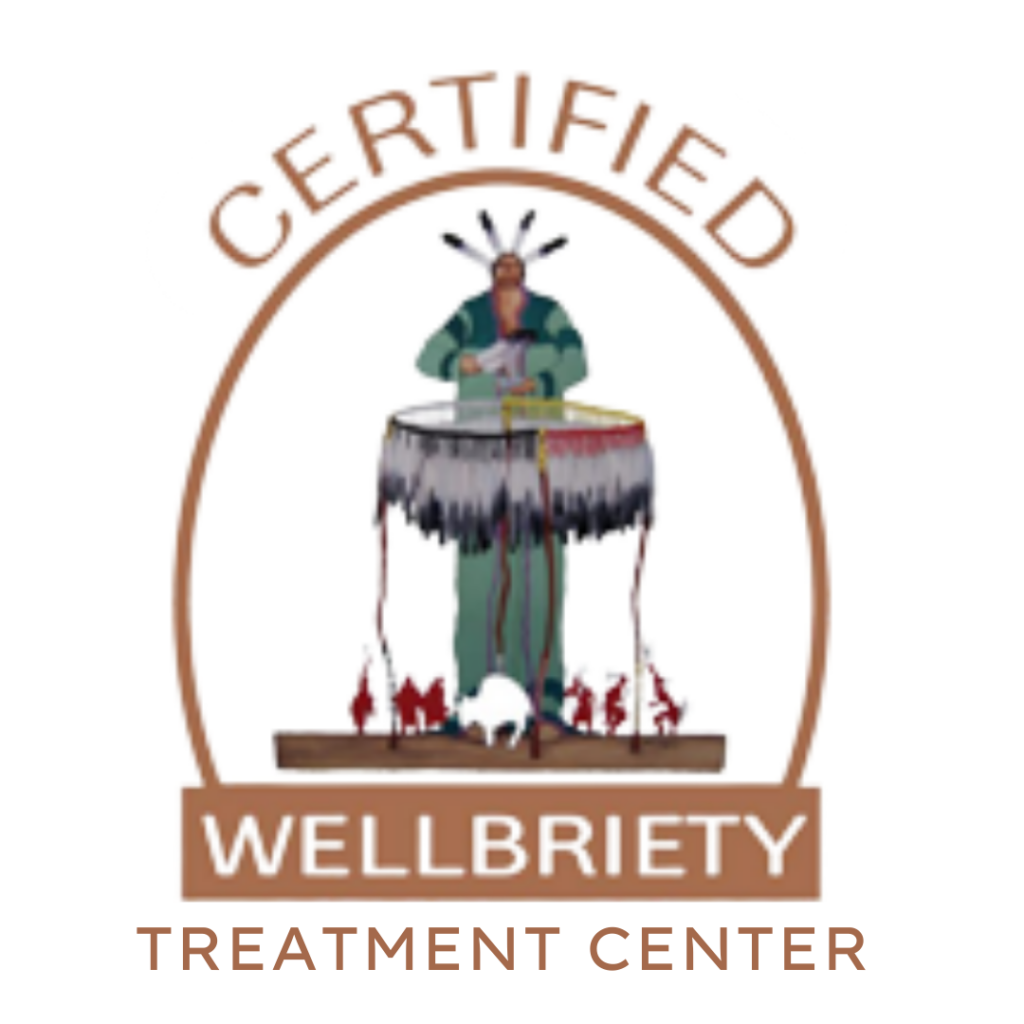There are many therapeutic approaches to substance abuse treatment, and a truly comprehensive take on addiction treatment begins with a multi-approach plan. Several therapies are commonly used by therapists and addiction specialists to treat substance use disorders and their co-occurring disorders.
Acceptance and commitment therapy (ACT)
Based on language- and cognition-oriented relational frame theory (RFT), ACT teaches individuals mindfulness to help them recognize and address their suppressed behaviors. As the name implies, acceptance and commitment therapy is designed to help people accept thoughts and feelings and develop new, positive relationships with them, rather than suppress them.
The ultimate goal of ACT is psychological flexibility, and this is achieved through ACT’s six core processes: acceptance, cognitive defusion (untangling oneself from one’s thoughts), presence, contextualizing the self, values, and committed action.
Attachment-based therapy
Attachment-based therapy is a type of short-form counseling rooted in attachment theory and focused on helping people rebuild trust and strengthen personal relationships. It is commonly used in treatment for substance abuse, as the circumstances of addiction often place strain on the relationships that are critical to a strong recovery.
Cognitive behavioral therapy (CBT)
A form of psychotherapy that is especially common in treatment plans devised for substance use disorders, CBT helps to teach the skills needed to self-manage emotions and as a low-risk form of therapy has been found to effectively treat mental health disorders that co-occur with substance use disorders, such as depression and anxiety.
Cognitive behavioral therapy practices teach clients how to identify dysfunctional behaviors and modes of thinking and establish new, healthy ones in their place.
Dialectical behavior therapy (DBT)
DBT aims to communicate acceptance of the client’s self and unique challenges, while helping them to learn new skills that improve emotional regulation. Previously used primarily for borderline personality disorder, dialectical behavior therapy has become more widely used in addiction treatment in recent years. The psychotherapy treatment program consists of individual and group sessions— why it is considered a program, rather than a single practice— and facilitates both change and acceptance.
Motivational interviewing
Motivational interviewing is a short-term counseling method used to help clients find internal motivation to change their behaviors. Often used to address addiction, this form of therapy involves a brief exchange between client and interviewer, during which clients are encouraged to discuss their need for change and how/why they want to change. The ultimate goal is to foster commitment to change once motivation is increased.
Gestalt therapy
Similar to ACT and CBT, Gestalt therapy is focused on the present and the perception of current feelings. Emphasis is placed on experiencing feelings, rather than talking about them, and finding solutions for the present. This objective is achieved by building self-awareness and consequently, a better understanding of the self.
Rational emotive behavior therapy (REBT)
REBT is based on the idea that feelings are influenced by thoughts. It encourages healthy emotional and behavioral expression by cultivating rational thinking patterns. The ABCs— activating event, beliefs, and consequences— of rational emotive behavior therapy guide clients from irrationality to rationality.
A holistic approach to therapy
At Royal Life Centers, we treat guests as individuals, which is why we don’t believe in pre-determined, pre-scheduled addiction treatment tracks. Each of our guests creates an Individual Service Plan (ISP) with their primary therapist to determine the best course of treatment for their unique needs and goals.
Our addiction therapists are familiar with many different therapy practices, and we pride ourselves on incorporating the most effective, evidence-based, and results-driven therapy practices into our treatment plans. Please reach out to our admissions team at (877)-RECOVERY at any time to learn more about our programs and our holistic approach to substance abuse treatment.
























